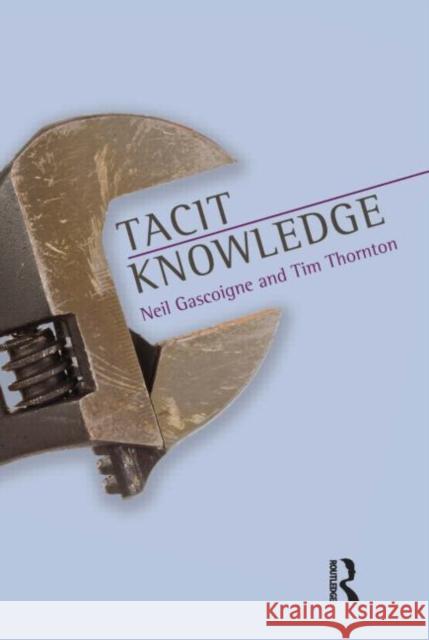Tacit Knowledge » książka
Tacit Knowledge
ISBN-13: 9781844655458 / Angielski / Twarda / 2013 / 224 str.
Tacit Knowledge
ISBN-13: 9781844655458 / Angielski / Twarda / 2013 / 224 str.
(netto: 670,84 VAT: 5%)
Najniższa cena z 30 dni: 654,86
ok. 22 dni roboczych
Dostawa w 2026 r.
Darmowa dostawa!
A critical appraisal of recent work in philosophy on the nature of tacit knowledge - the form of implicit knowledge that we rely on for learning. Tacit knowledge is invoked in a wide range of intellectual inquiries, from traditional academic subjects like psychology, sociology and linguistics to more pragmatically orientated investigations into the nature and transmission of skills and expertise. Notwithstanding its apparent pervasiveness, the notion of 'tacit knowledge' is a complex and puzzling one. What is its status as knowledge and what is its relation to explicit knowledge? What does it mean to say that knowledge is tacit? Can it be measured? Recent years has seen growing interest from philosophers in understanding the nature of tacit knowledge. Philosophers of science have discussed its role in scientific problem solving; philosophers of language have been concerned with the speaker's relation to grammatical theories; and phenomenologists have attempted to describe the relation of explicit theoretical knowledge to a background understanding of matters that are taken for granted. This book aims to bring unity to these diverse philosophical discussions by clarifying their conceptual underpinnings; to advance a specific account of tacit knowledge that elucidates the importance of the concept for understanding the character of human cognition; and to demonstrate the relevance of the recommended account to those concerned with the communication of expertise.











